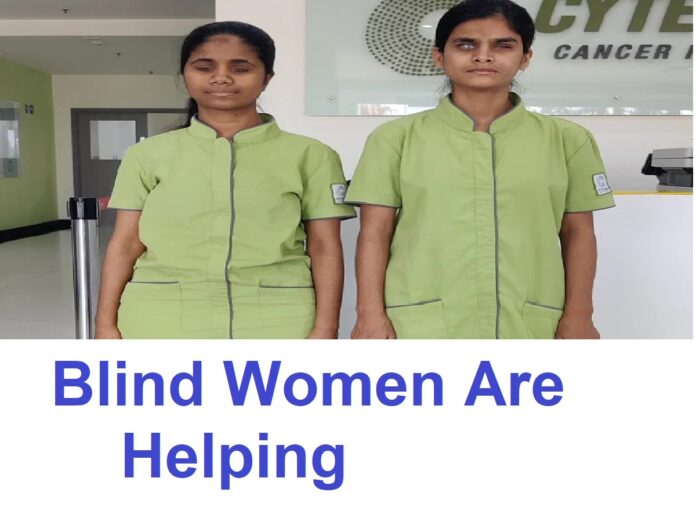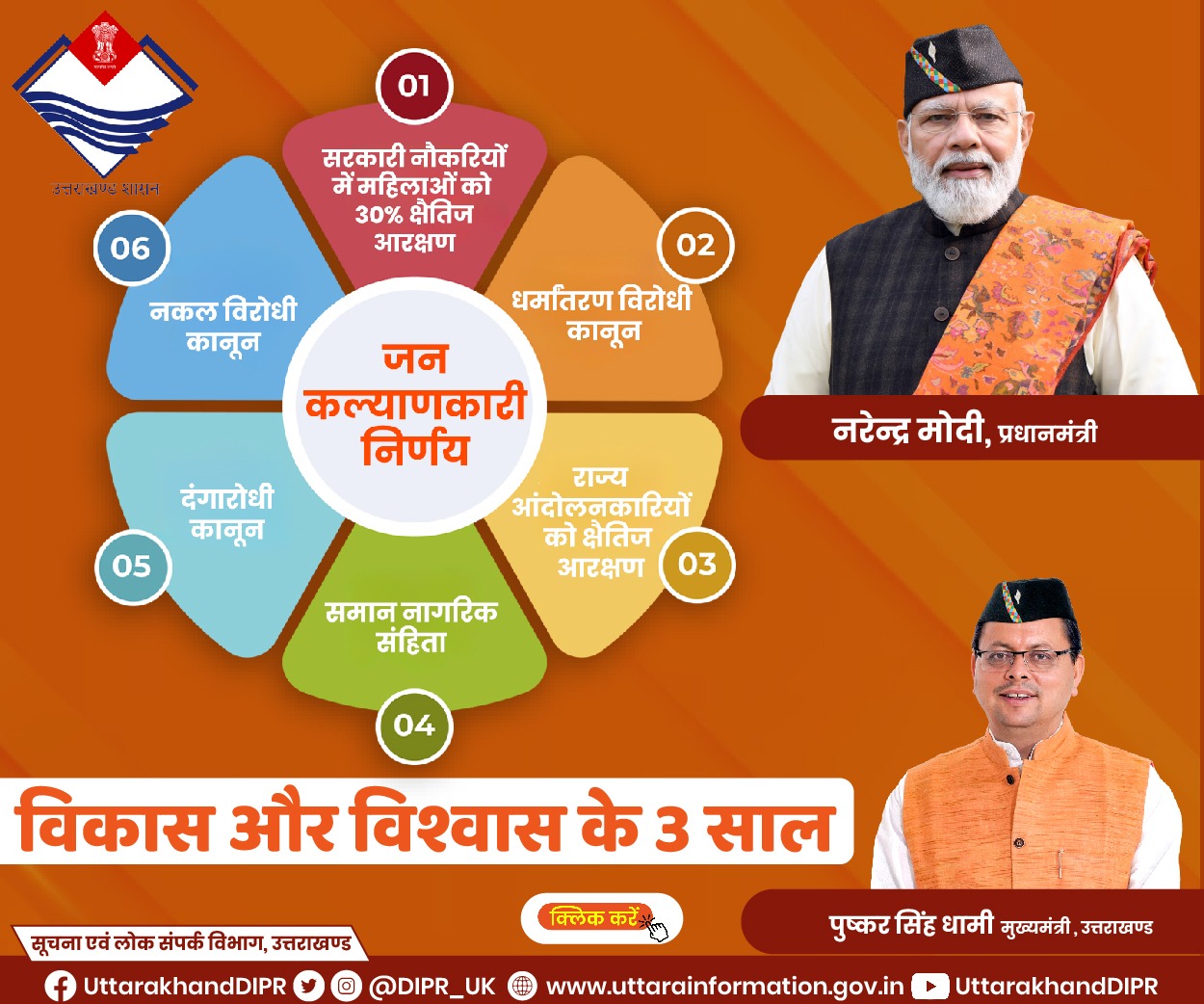Breast cancer is a silent predator that affects millions of women worldwide. In India alone, a woman is diagnosed with breast cancer every four minutes, and one woman loses her life to this disease every 13 minutes. Early detection is crucial in the fight against breast cancer, and two remarkable women, Noorunnissa and Ayesha Banu, are breaking barriers and making a difference in this battle.
Unfulfilled Dreams, Unique Paths
Noorunnissa, blind since birth, once dreamt of a career in the medical field. She aspired to be a doctor, nurse, or paramedic, but her visual impairment seemed to close the doors to medical education. Instead, she pursued a BA in History, Economics, and Sociology from Jyoti Nivas College in Bengaluru. Little did she know that her journey would take an extraordinary turn.
The Discovering Hands Program
Noorunnissa’s life changed when she became part of the Discovering Hands program. This initiative, originally started in Germany by Dr. Frank Hoffmann, aims to detect early breast cancer tumors through tactile examination performed by blind and visually impaired women.
A Touch of Hope
As a medical tactile examiner (MTE), Noorunnissa screened women during a medical camp in rural Karnataka. She explained the process and its importance, and something remarkable happened. The women she screened began to call her “doctor,” a title she had longed for since childhood. The impact of her work was tangible, and it brought immense happiness.
The Power of Palpation
The Discovering Hands program relies on the unique tactile skills of MTEs. These women, despite their blindness, can detect breast cancer tumors as small as 0.3 mm through palpation. Their ability to find cancer at such an early stage can be life-saving.
Spreading the Knowledge
Noorunnissa and Ayesha Banu are part of the first batch trained by Ashwini Rao and Dhakshayini S, certified trainers of the Discovering Hands program under EnAble India, an NGO based in Bengaluru. This initiative aligns with EnAble India’s vision of empowering visually impaired individuals with essential skills.
A Comprehensive Training Journey
The journey to becoming an MTE is intensive and thorough. It spans nine months, including a theory exam after six months and a three-month internship working alongside gynecologists or breast oncologists. The practical exams, supervised by Dr. Hoffmann himself, follow the internship.
Beyond Medical Training
The training doesn’t stop at medical skills. The women also learn about human anatomy, with a particular focus on the female reproductive system and breasts. Additionally, they receive training in computer literacy, mobility, employability, life skills, and counseling. These skills enable them to navigate hospitals, file reports, interact with patients, and provide empathetic care.
The Expanding Impact
Ashwini Rao, certified by the Frank Hoffmann Institute in Germany, has already trained two batches of students, with the third batch commencing their training this month. Noorunnissa and Ayesha Banu now work as MTEs with Cytecare Cancer Hospitals in Bengaluru, while another batch of five women is interning at Cytecare and Apollo Hospital in the city.



